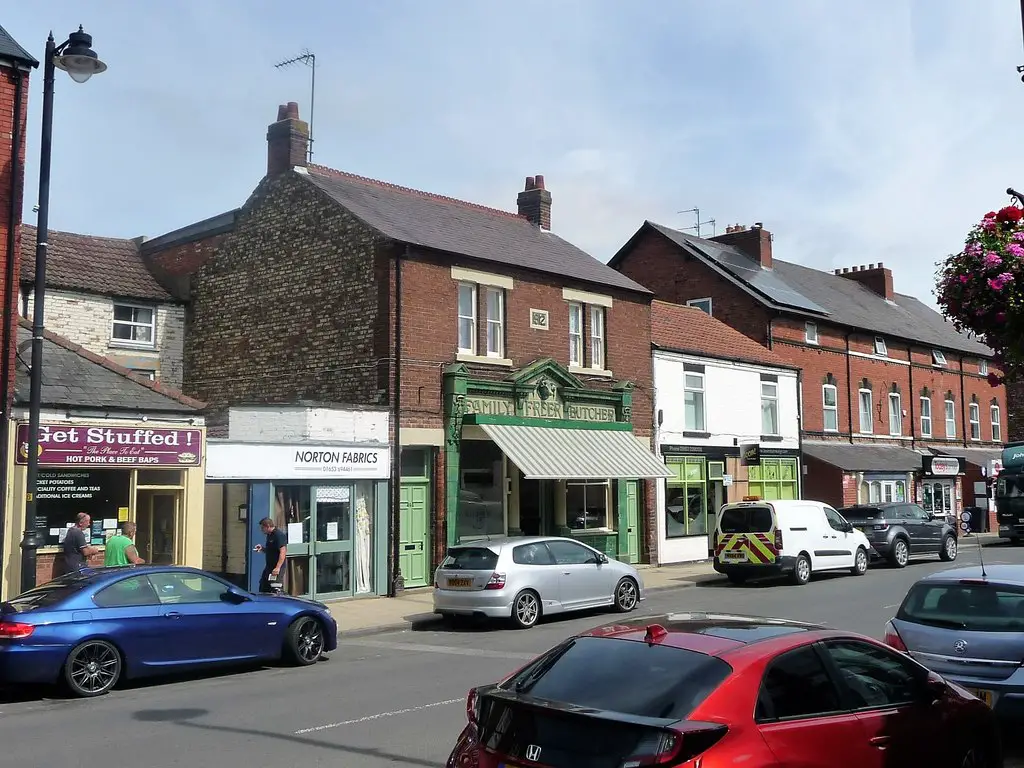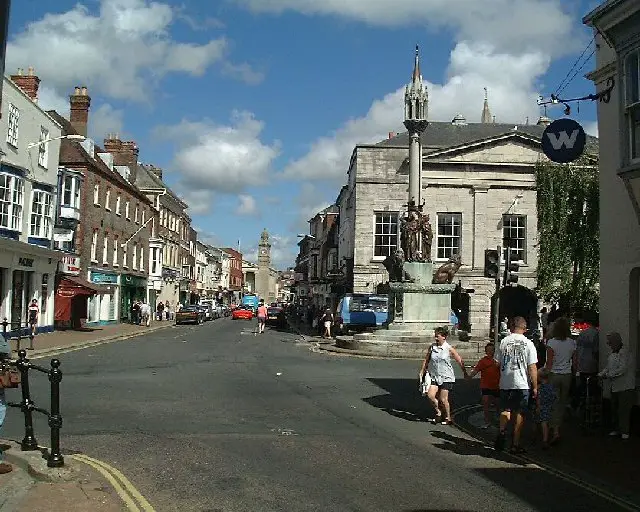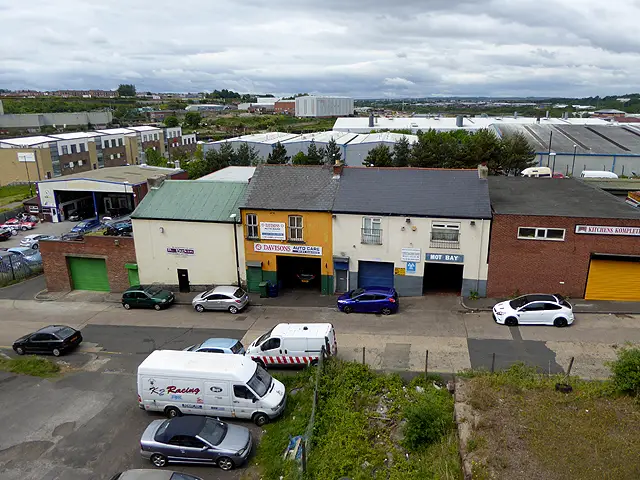
Can You Live in a Commercial Property?
Whether tenants can live in commercial properties is one that surprisingly comes up a lot. Office tenants want to live in their office spaces, restaurant proprietors wish to live above their businesses, and warehouse owners may want to make additional income through lodgers whilst running a business from the same site.
Commercial property can be an ideal home. It’s not unusual in the UK to see a building that has been partially converted for residential use. So, if you’ve ever wondered if it’s possible to live on a commercial property, you’re not alone. Commercial properties offer plenty of benefits.
is It Legal to Live on A Commercial Property?
The first question you need to ask is: is it legal to live on a commercial property? The answer is that it depends. There are two types of commercial properties: those with a ‘mixed use’ designation and those without.
A building with a mixed-use designation means that it can be used for commercial and residential purposes. However, the space may need to be converted or renovated to meet certain requirements. Commercial-to-residential conversions are possible and happen every day. This process will require permits and inspections that vary by city; consult your local municipality on what regulations apply to your project.
If the property is zoned for commercial use only, you will likely not be able to live there—and if you do so anyway, you could face fines. In some areas, landlords may be fined for renting out a zoned space for commercial use only.
Planning Permission for Residential Use

The most common way to change the use of a building is by obtaining planning permission and then sending a formal notification to the local council. This can be done by applying for a certificate of lawfulness or by applying for planning permission itself. There are some circumstances in which the need for planning permission can be avoided altogether, but it is important to be aware that this will depend on the specific case.
The first step to getting permission to live on commercial property is to check whether your premises are zoned for residential use with your local authority. Most large cities will have dedicated zones for different types of use. For example, there may be designated commercial zones where all buildings are intended for business use and other areas where buildings are intended for residential use. Some areas may be mixed-use zones where commercial and residential buildings can be found.
If the property is located in an area zoned for residential use or in a mixed-use zone, it should be relatively straightforward to obtain planning permission. However, if it is located in a commercial zone only, gaining planning consent can be more difficult; some local authorities may not allow it. If they permit it on exceptional grounds, several restrictions and conditions will likely be attached.
It is important to remember that even if you do obtain planning permission, there may still be other regulations that need to be complied with, such as building control approval. Therefore, it is always advisable to seek professional advice before proceeding with any conversion work.
The Cost of Commercial To Residential Conversions

The cost of converting a commercial property to a residential one can vary, but it’s generally not cheap. Costs will depend on the type of building and its size and any planning fees that you may need to pay. It could easily cost you anywhere from £20,000 to £100,000 or more to make the change—and that doesn’t take into account any money you might have to spend on interior renovations.
As for converting a commercial property for residential use, it is possible to do this without applying for planning permission. However, many local councils have a moratorium that prevents large-scale conversions of commercial properties into housing. You may also be required to change your building if it doesn’t comply with the current Building Regulations. These include:
- Provision of adequate sound insulation (for flats)
- Installation of fire safety systems
- Addition of windows that allow escape in case of fire
- Implementation of energy conservation measures
If your property needs extensive work before it can be converted, you may have no choice but to apply for planning permission and go through the entire planning process—which would add significantly more costs to your project.
Some of the costs that you should take into consideration include the following:
- Planning permission application – £80 to £120
- Prior approval fee – £200
- Stamp duty tax
- Solicitor/surveyor costs
Using Permitted Development Rights to Move to Commercial Properties
You may avoid the need for planning permission altogether by using your ‘Permitted Development Rights. These are a set of planning rules that allow certain types of development to take place without the need for an application. To qualify, your building must meet certain criteria, such as being located in an Area of Outstanding Natural Beauty or listed as a heritage building.
It’s important to note that your ‘Permitted Development Rights’ can be removed by your local authority if they feel that the development would have a negative impact on the area. They may also impose conditions, such as limiting the number of people who can live on the property or requiring that the exterior of the building is not altered in any way.
Benefits Of Converting Commercial Properties
There are several benefits of converting your commercial property to residential use. Here are some of them:
- Commercial properties are well-positioned in prime locations, which will make them desirable to future buyers.
- Converting the property increases the potential for higher returns as other tenants can rent it out.
- You can reconfigure and decorate your property the way you like to accommodate you and other potential tenants.
FAQS
Can I live on my commercial property?
Yes, you can live on your commercial property, but it depends on various factors, such as the type of property, its location, and whether or not you have planning permission. You may also need to comply with other regulations, such as building control approval.
Can I convert my commercial property to residential without planning permission?
It is possible to do this without applying for planning permission, but many local councils have a moratorium that prevents large-scale conversions of commercial properties into housing. You may also be required to change your building if it doesn’t comply with the current Building Regulations.
Is living in a commercial property a good option?
There are pros and cons to living in a commercial property. One of the main advantages is that you may be able to lower your tax liability and offer higher returns. However, the conversion may be expensive.
It’s also worth noting that the UK government has recently relaxed rules involving converting a commercial property into residential, there is a good article here.
You might also be interested in:
- Unoccupied Commercial Property Insurance
- Can You Get A Mortgage To Renovate A Property?
- 5 Elements Of Adverse Possession

